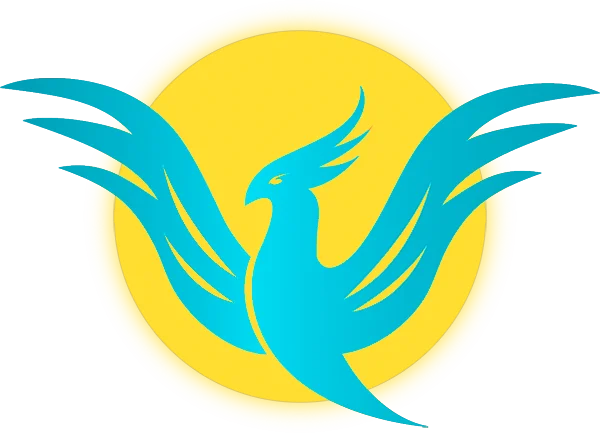Third basic technique work in the method of system constellations is the word.
This is the preliminary interviews, appointment of deputies, the feedback from Deputy and the therapist, sound tests, resolving phrases, arguments, comments, parables, stories, and any verbal and nonverbal cues of the therapist and Vice. All that is said aloud during the session.
Despite the fact that by itself, the way of arrangement has the qualities of clarity, and brings to the customer is very deep and various information about his situation, the therapist still has to complement the image of arrangement of words. To clarify, to explain, to ask questions, request feedback, answer customer questions, etc.
let us Dwell on the arguments of the therapist in the moment beliefs of the client. More prescriptive or less prescriptive, but sometimes you have to resort to the argument.
Types of reasoning:
- benefits
the Client and he sees it. But if necessary, we have again words to the client to convey. It is especially important to do this verbally cut-off in the balance on the right solution. One solution is much worse, the other much better. And in some cases unintelligible to the difference between the solutions, it is worth mentioning it to the client and say, "the Difference is clear don't feel the need to change something in the options analysis."
- Warning about the negative (horror)
For customers the last word. He has every right to choose the trajectory of his life. But to talk about the consequences of a scenario we can. Even in the arrangement to show it. In the alignment there is a very good move: one step toward the future on a time scale equal to 5 years. Did the whole arrangement for such a step and looked back, as the situation changes. Now at age 40 health of the client enough to hold the whole of the life of mom, in 55 years, health may not be enough. And it is clear in the arrangement clearly. Kind of descriptive forecast is.
- another question
the Essence of reception – not to argue with the client, but simply to ask questions. This is essentially the method of coaching. Using the exact issues you bulldog to stick to inefficient client strategy and blurt it to the nines, as Tuzik warmer. But technically, using this method of reasoning, we do not argue, do not show and do not defend their position, do not force the client a picture of the world. We just make him think. Policy we make it affordable to think about. Questions is Directive way to avoid direct command in the client.
- Metaphor
a Metaphor is any joke, anecdote, story, parable, which indirectly forces the client to think. I once reconciled two people one is a joke. They were ready to fight. And I was telling them. I look at you guys, and I remembered an anecdote. Ants with elephants playing football. The match is over. Elephants to ants to apologize: "Say sorry if anyone got trampled... it Happens..." And the ants in dirt from head to toe, shake and say: "nothing, Nothing, we played too rough..." Guys neighing, relaxed, and the fight did not get any continuation. But three lines before they were ready to devour each other. The story of the fight anecdotal, funny, thereby moved funny in context of their real confrontation. Indirectly telling them you guys are just funny in their combativeness.
In the balance we, too, can tell a story, as if by chance.
If the person reacts badly to jokes and anecdotes (I'm in serious trouble, come to you for help, and you are joking...) I can tell a serious parable about a Zen master who lived high in the mountains -- Millions of years people were waiting to kiss his feet and it to be healed... In fact, metaphor is a pure Ericksonian hypnosis.
the First story used the Hellinger to the client was the story of "Orpheus". An Orpheus – heroically went to Hades to rescue Eurydice, but despite superhuman efforts to save her failed. And the rest of his life he was in an insane longing and sadness. The second Orpheus lived in the suburbs of Athens, worked as a Potter, sold their products on the market, educated wife and seven children, lived calm and measured.
any history you can make many conclusions, they are usually multi-layered, like a Russian doll. But in the context of therapy, this metaphor that do not have in my life brutally and heroically suffer. you Can choose a quiet, efficient and fruitful path of joy.
Hellinger with his magic hypnotic voice telling us and the customer the their history. Want fight every day with the demons inside and outside. But if you want to live in peace. You choose. I could go either way.
Heroes are few. Most people live differently, usually living, enjoying a quiet family life. If the heroes are few, and ordinary people more, indirect suggestion, the message therapist might be: you, dear customer, most likely a normal person and you can live happily.
- a Conversation on purity
This is in fact very hard provocation. She pripasayte therapist in extreme cases. When the resistance and obstinacy of the client turns into the exploitation of therapist and vampirism.
the Danger is really serious. If it so happens that 9 out of 10 clients will not change, the therapist may be disappointed in the profession. A critical mass of failure leading to professional burnout. The price is very high.
